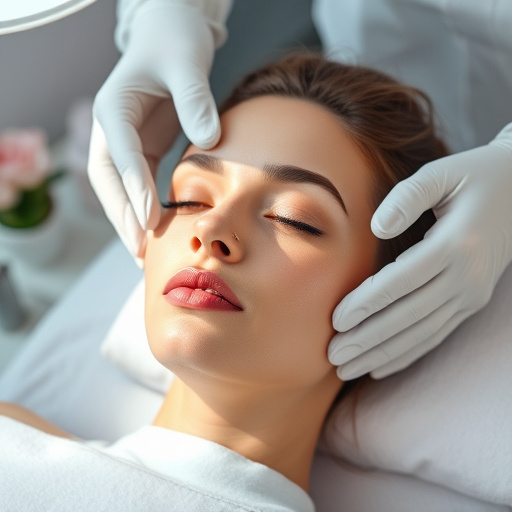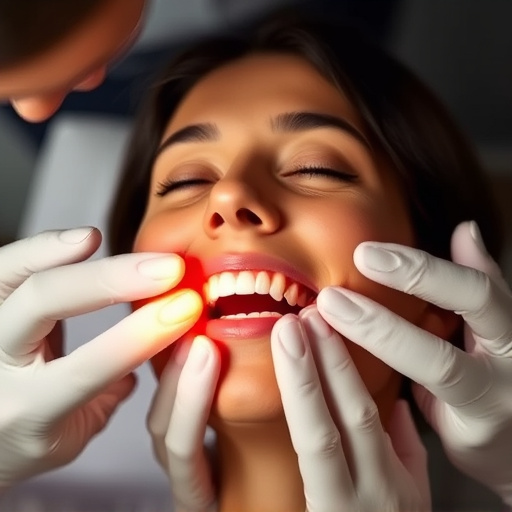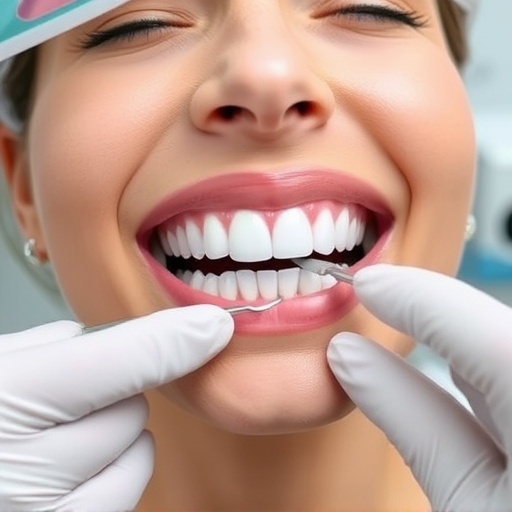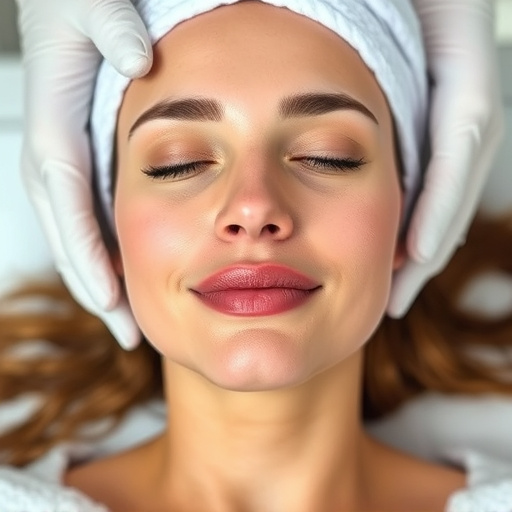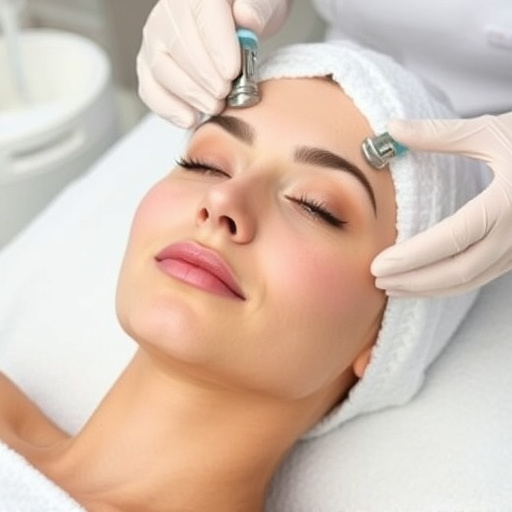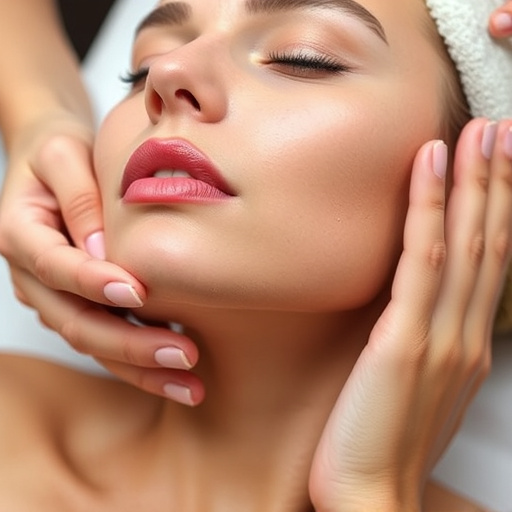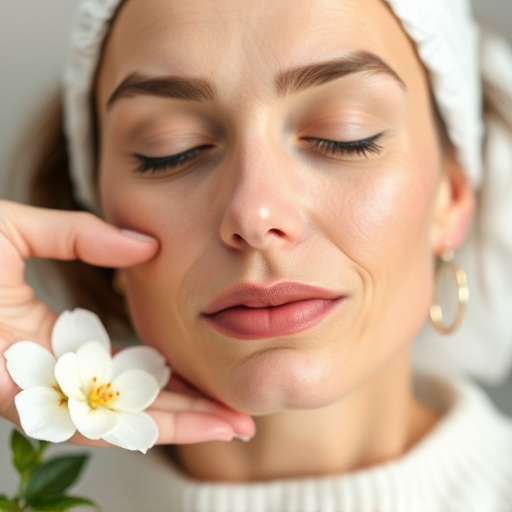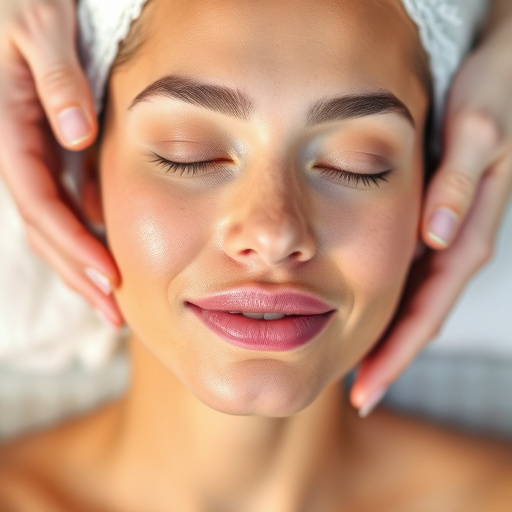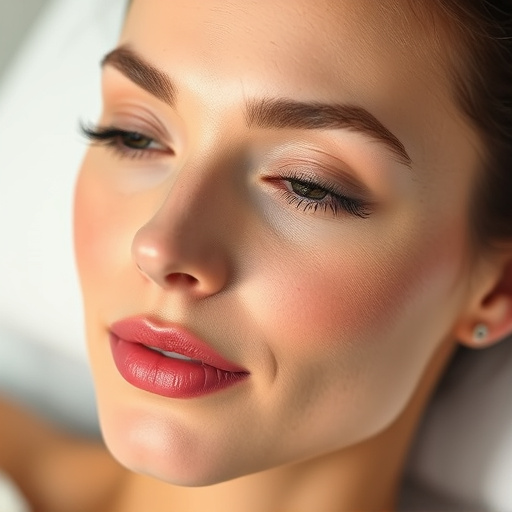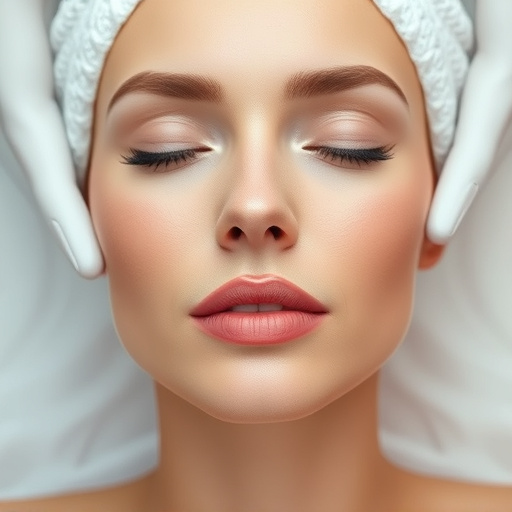Ingrown hair prevention involves understanding root causes like improper shaving, skin conditions, and poor hygiene. Dermatologists recommend a consistent daily skincare ritual: gentle cleansing, regular exfoliation, moisturizing, and using targeted products. Professional treatments like chemical peels and hydrating facials, coupled with home remedies like warm compresses, offer a multi-faceted approach to effectively reduce ingrown hairs.
Ingrown hairs can be an unsightly and uncomfortable issue, but with the right strategies, they can be prevented. This article delves into effective ingrown hair prevention tips backed by dermatology experts. We explore the causes of ingrown hairs and provide expert insights to help you understand how they form. Additionally, we offer daily skincare rituals for prevention and recommend targeted treatments and home remedies approved by dermatologists. Learn how to minimize and eliminate ingrown hairs for good.
- Understand Ingrown Hair Causes: Expert Insights
- Daily Skincare Rituals for Prevention
- Targeted Treatments and Home Remedies Recommended by Dermatologists
Understand Ingrown Hair Causes: Expert Insights
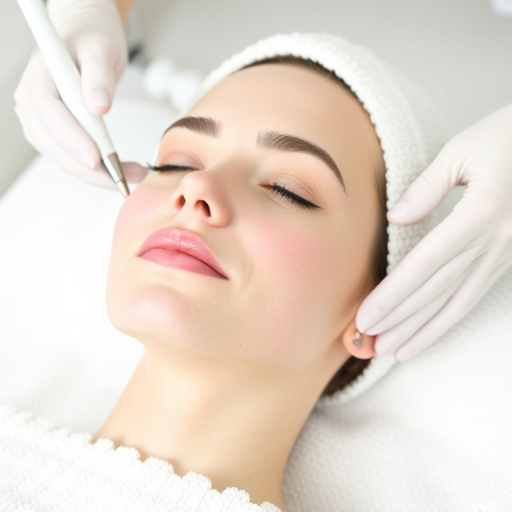
Ingrown hairs are a common skin concern, often caused by factors like improper shaving techniques, hair removal methods that irritate the skin, or even certain skin conditions. According to dermatology experts, understanding the root causes is the first step in effective ingrown hair prevention. One of the primary reasons for this issue is the way hair grows back after being removed. When hair is shaved too close to the skin, it can curl back and grow into the dermis, leading to inflammation and the characteristic red, itchy bumps.
Dermatologists suggest that proper hygiene, regular exfoliation, and using suitable skincare products can significantly reduce ingrown hairs. Additionally, they recommend techniques like chemical peels or hydrating facials as part of a comprehensive skin health routine. These treatments help remove dead skin cells, unclog pores, and promote healthier hair growth, all of which contribute to minimizing the occurrence of ingrown hairs.
Daily Skincare Rituals for Prevention
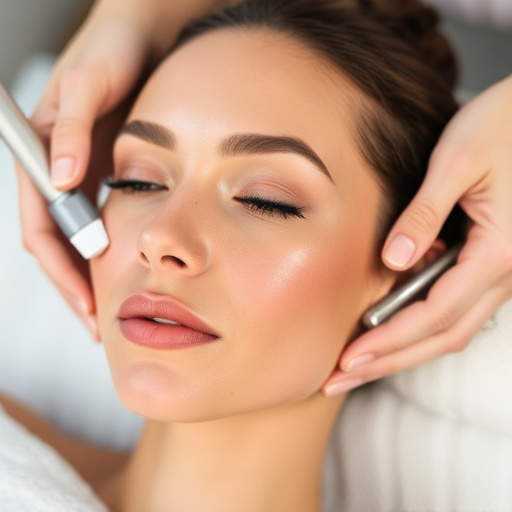
Maintaining a consistent daily skincare ritual is one of the most effective ways to prevent ingrown hairs. Starting with cleansing, use a gentle cleanser suitable for your skin type to remove dirt and excess oil accumulated throughout the day. Overwashing can disrupt the natural oil barrier, leading to dryness and potential irritation, which increases the risk of ingrown hairs. After cleansing, exfoliate 2-3 times a week to slough off dead skin cells. Exfoliation helps unclog hair follicles, preventing new hairs from growing in at odd angles.
Additionally, moisturize your skin daily to maintain its integrity and flexibility. Using a good moisturizer can also aid in reducing inflammation and irritation, common factors that contribute to ingrown hairs. For those with stubborn or recurring issues, consider incorporating specialized products like salicylic acid or retinol into their routine. These ingredients have been shown to be effective in unblocking hair follicles and promoting healthier skin. Lastly, don’t forget the importance of a good post-shave care regimen if you’re prone to ingrown hairs, as proper shaving techniques and suitable products can significantly reduce their occurrence.
Targeted Treatments and Home Remedies Recommended by Dermatologists
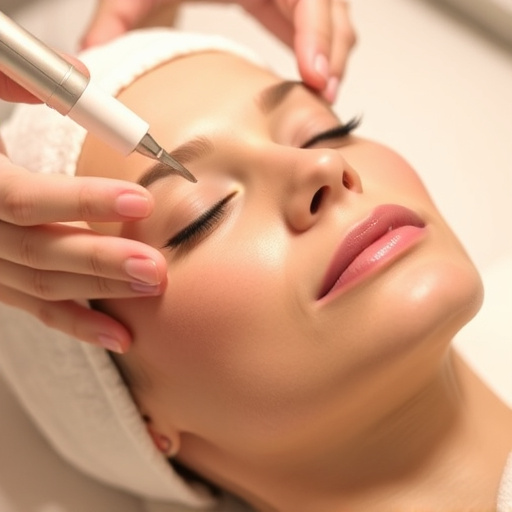
Dermatologists recommend a multi-pronged approach to ingrown hair prevention, combining targeted treatments and home remedies for optimal results. For those seeking professional solutions, chemical peels and hydrating facials are often suggested as effective measures. Chemical peels, with their ability to exfoliate and unclog pores, can significantly reduce the likelihood of ingrown hairs by smoothing out skin texture. On the other hand, hydrating facials nourish the skin, promoting a healthier environment less prone to ingrown hair formation.
Home remedies play a crucial role in everyday ingrown hair prevention strategies. Experts advocate for regular exfoliation to remove dead skin cells and prevent hair from trapping beneath the surface. Additionally, applying warm compresses and gently massaging the affected areas can aid in breaking up any existing hair follicles embedded in the skin. These simple yet effective techniques, when combined with professional treatments like chemical peels and hydrating facials, offer a comprehensive solution for managing and preventing ingrown hairs.
Ingrown hair prevention is not just a cosmetic concern but a practical step towards maintaining healthy skin. By understanding the causes, adopting daily skincare rituals, and exploring targeted treatments recommended by dermatology experts, you can effectively manage and prevent ingrown hairs. Incorporating these strategies into your routine allows you to achieve smoother, more comfortable skin while enjoying the added confidence that comes with a reduced occurrence of ingrown hairs. Remember, consistent care is key to successful long-term ingrown hair prevention.
